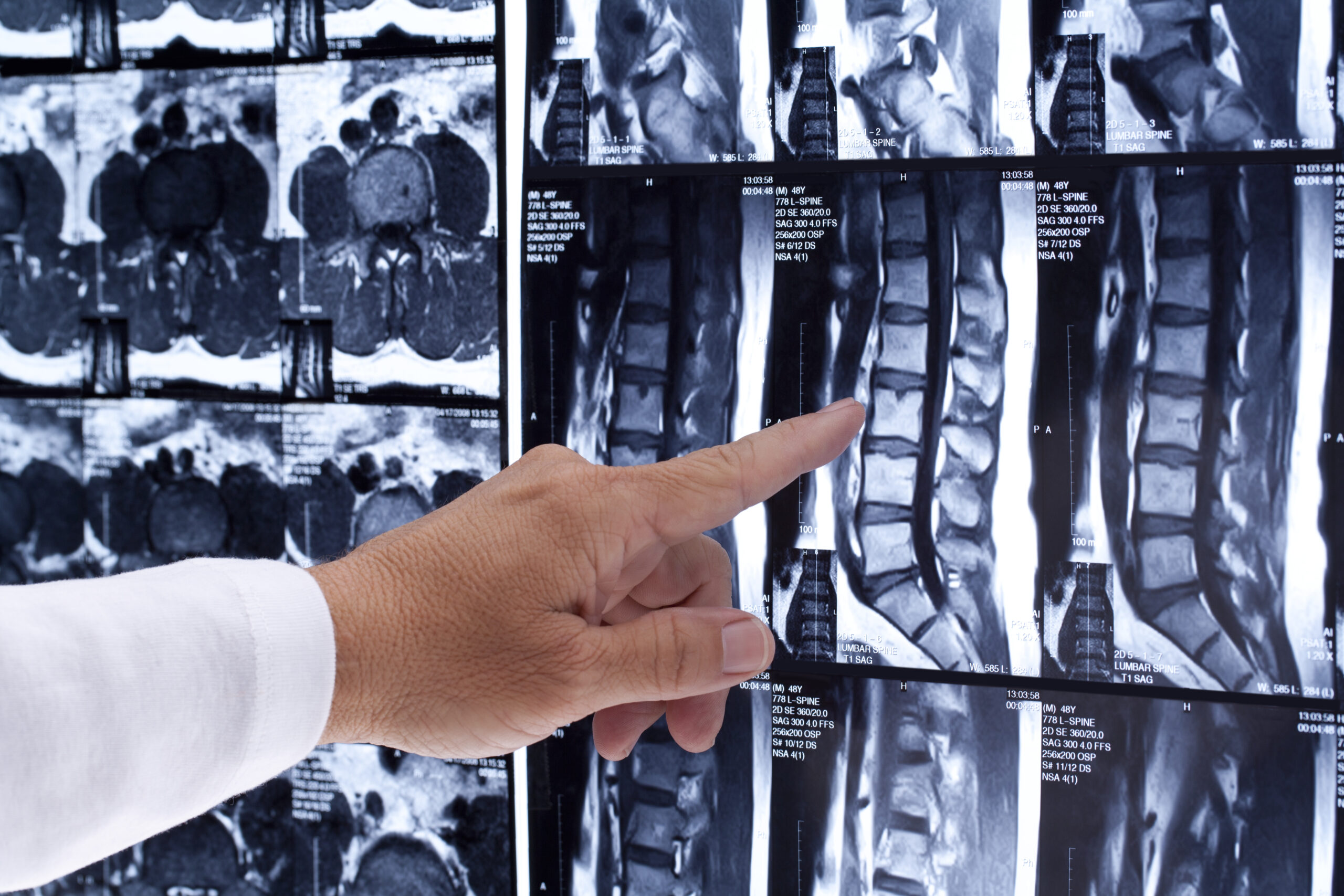 When it comes to our spines, many patients have questions and concerns on who to go to for the best care. Our spines are made of bones, so an orthopedic specialist is best, right? But our spines are made of thousands of nerves; wouldn’t a neurosurgeon be better?
When it comes to our spines, many patients have questions and concerns on who to go to for the best care. Our spines are made of bones, so an orthopedic specialist is best, right? But our spines are made of thousands of nerves; wouldn’t a neurosurgeon be better?
Well, both orthopedic surgeons and neurosurgeons can receive training in spine surgery. During a physician’s residency, they will choose their specialty. Some will opt to focus on neurosurgery, others on orthopedics.
For neurosurgeons their residency will focus on brain and spine surgeries. The majority of their time will be solely devoted to two areas of the body.
During an orthopedic surgeon’s training, their training will be performed on various joint surgeries: shoulder, elbow, wrist, hand, hip, knee, foot and spine. For orthopedic surgeons, their exposure to spine surgery during residency may be limited. Because of this, some orthopedic surgeons will opt for an additional year to learn spine.
Additionally, neurosurgery training programs usually only accept two residents per year. Orthopedic programs can have anywhere from eight to twelve residents per year.
Both neurosurgeons and orthopedic surgeons can specialize in spine surgery. Years ago, there was a far more significant difference in specialization, but a growing number of orthopedic surgeons are devoting time to being trained in spine surgery. Both can be skilled in taking care of disc degeneration and herniations, spine fractures, and other concerns.
However, only neurosurgeons can perform procedures inside the lining of the spinal canal. Spinal cord tumors, arachnoid cysts, cord malformations, spinal bifida and many other concerns are solely handled by neurosurgeons. This can be an important distinction when it comes to the success of a procedure.
A recent study by the Congress of Neurological Surgeons found significant differences in outcomes for patients electing to have anterior cervical discectomy and fusion (ACDF) surgery. This type of surgery involves removing a damaged disc in the neck to relieve pressure and correct pain, weakness and numbness. It is considered a safe operation to help with spine disease in the upper part of the spine. Over the past decade, there has been a growing increase in the number of times this procedure has been performed.
The study found that neurosurgeons performed around 3x as many ACDF surgeries as orthopedic surgeons. The neurosurgeon patients in the study had significantly more comorbidities. Patients with comorbidities have two or more diseases, making them potentially more at risk. While the operation time by neurosurgeons was slightly longer than with orthopedic surgeons in the study, patients had a shorter hospital stay and lower rates of return to the operation room. Most importantly, patients operated on by neurosurgeons had lower readmission rates.
While the study is far from exclusive to all cases, it does provide some fascinating insight. When visiting your surgeon, don’t be afraid to ask questions. Find out about their training, focus, and experience in performing the operation they’ve recommended for you. It’s your body. Physicians love to educate patients on their processes. An educated patient helps form a stronger physician/patient experience.
You can learn more about orthopedic and neurologic services available at the Riverside Orthopedic & Spine Center.